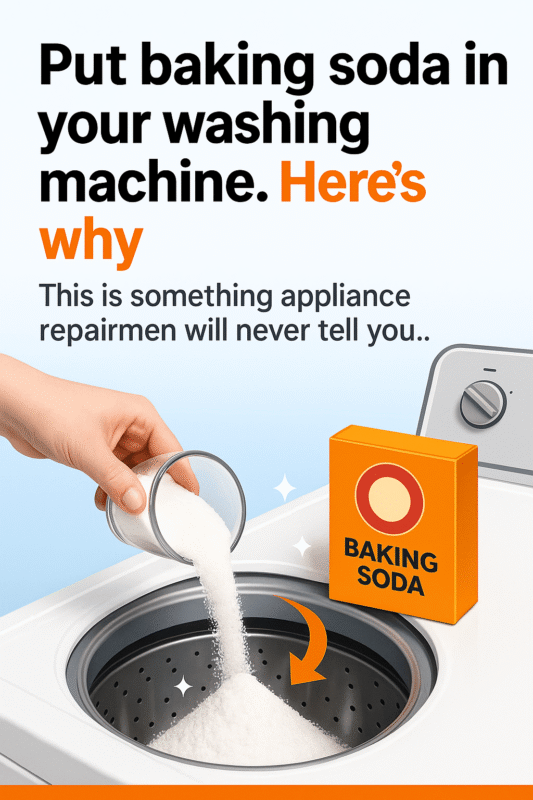Eggs are a kitchen essential, beloved for their versatility, high protein content, and role in countless recipes. But what happens when the carton says they’ve expired? It’s a common scenario—especially among couples—leading to disagreements over whether those eggs are still good to eat. Understanding egg expiration can help reduce food waste and improve kitchen safety. This article breaks down the facts and myths surrounding expired eggs, so you can make smart, informed choices that protect your health and your budget.
Decoding the Expiration Date: What That Label Really Means
If you’ve ever stood in front of your fridge squinting at a date on an egg carton, you’re not alone. Most eggs are labeled with a “sell-by,” “best before,” or “expiration” date. But here’s the truth: those dates are primarily for retailers, not a hard-and-fast rule for consumers. In fact, eggs can often remain safe to eat well past the date printed on the box. Understanding the intent behind those labels is the first step in deciding what stays and what goes.
How to Tell If Eggs Are Still Fresh: Use These Easy At-Home Tests
The good news is that you don’t need lab equipment to check if your eggs are still safe. One of the most effective kitchen hacks is the float test. Just place the egg in a glass or bowl of water. Fresh eggs sink and lay flat, while eggs that float are likely spoiled. You can also crack an egg into a bowl and observe. A fresh egg will have a firm yolk and thick whites. If it smells sulfuric or off, toss it immediately.
The Science Behind Egg Freshness and Why It Changes
Over time, eggs naturally lose moisture and carbon dioxide through their porous shells. This process creates air pockets inside, which is what makes older eggs float. Refrigeration significantly slows down this deterioration. That’s why properly stored eggs can last weeks beyond their printed date without losing nutritional value or becoming hazardous.
Don’t Fall for These Common Myths About Expired Eggs
Many people mistakenly believe eggs become dangerous the moment they pass their expiration date. But expiration doesn’t mean spoilage. As long as they’ve been refrigerated and show no signs of going bad, eggs can be consumed safely. Relying on date labels alone leads to unnecessary food waste. Instead, use your senses and the float test to make informed decisions.
The Real Health Risks: When Eggs Become Unsafe
Of course, there are legitimate risks associated with eating eggs that have truly spoiled. One of the biggest concerns is salmonella, a bacteria that can cause food poisoning. Symptoms include nausea, cramps, fever, and diarrhea. If there’s any doubt—especially if the egg smells bad or has an unusual texture—don’t take the risk. Food safety should always be a priority in the kitchen.
Best Practices for Storing Eggs to Keep Them Fresh Longer
Proper storage can make all the difference. For maximum shelf life, keep your eggs in their original carton, which protects them from absorbing strong odors and helps regulate moisture. Always store them in the coldest part of the fridge—not on the door, where temperature changes are more frequent. These simple steps can add weeks to your eggs’ usability and reduce waste.
Avoid Fights in the Kitchen: How to Settle Egg Safety Debates
Arguments about food safety—like whether or not to eat expired eggs—are surprisingly common in households. Instead of escalating tensions, agree on some basic rules for checking egg freshness. Sharing a simple method like the float test can help both parties feel confident in the decision, promoting peace and practicality in your home.
What Experts Say About Eating Expired Eggs
According to food safety experts, sensory checks are more reliable than printed expiration dates. They recommend checking the smell, appearance, and texture of the egg before eating. Experts often agree that when eggs are stored properly, they remain safe beyond their labeled dates. It’s not about the number—it’s about what your senses are telling you.
Final Takeaway: Trust Your Senses and Store Eggs Right
When it comes to eggs, don’t just rely on the date on the carton. Educate yourself about simple freshness checks and proper storage methods. By doing so, you can safely avoid wasting perfectly good food while protecting your health. Whether you’re cooking for yourself or feeding a family, making informed choices about expired eggs leads to a smarter, safer kitchen—and fewer food-related arguments at home.
















